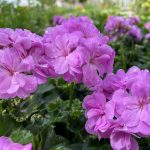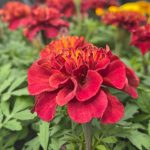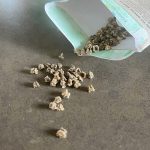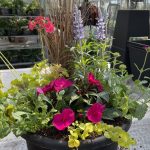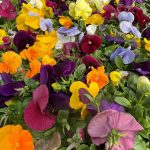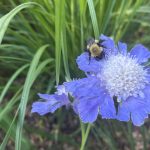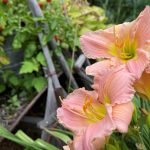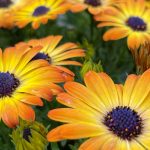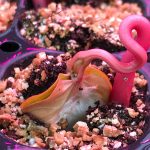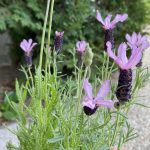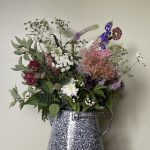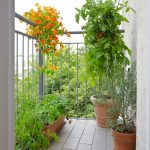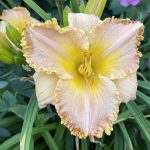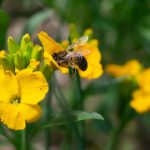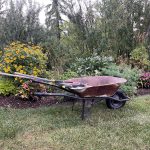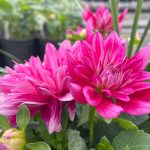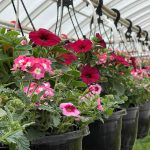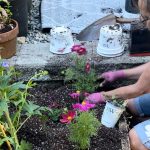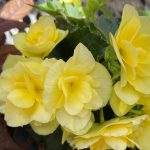Annuals are excellent garden plants. They work well solo or in combination with perennials and biennials.
Annuals are plants that complete their lifecycle in one growing season.
They germinate, flower, and develop seeds, and their life’s purpose is complete.
Annuals work well anywhere in the garden, but remember, the right plant for the right place.
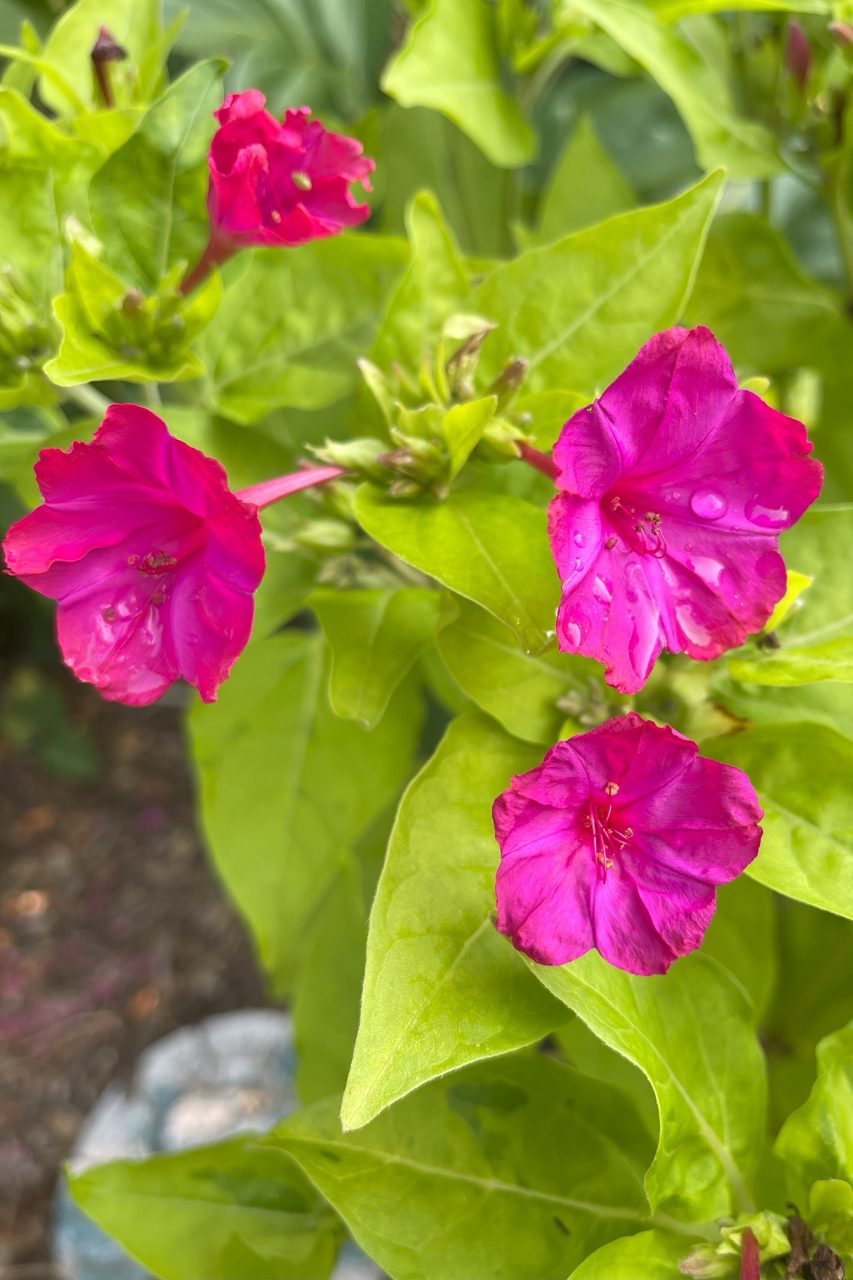
Where plants will grow best boils down to its genetic adaptations.
There are annuals that thrive in only deep shade whose leaves are designed to maximize sunlight capture and then there’s the sun and heat lovers.
These often have thick leaves to protect from sunburn.
Other annuals need sunny environments to bloom.
If you swapped sun and shade annuals around and grew the shade plants in the hot sun and vice versa…you would wind up with the shade plants with sunburn, and sun lovers that stretch and turn pale because they aren’t getting enough sun.
And who knows if either would bloom?
So, get know your gardening environment, find the right annuals that will grow there & you will have a match made in heaven!
- Examples of sun-loving annuals include Geraniums, Cosmos, Gazanias, Marigolds, Pansies, Petunias, Salvia, Snapdragons, Verbena, and Zinnias.
- Annuals that prefer shady locations include Begonias, Coleus, Impatiens, Lobelia, and Torenia.
- Some annuals will grow in shady and sunny conditions, like Cannas, Solenia Begonias, Sunpatiens, Scaevola, Sweet Potato Vine, and some varieties of Coleus.
Not all annual varieties will grow in both the sun and shade; always check plant labels when purchasing to know where annuals will grow best in the garden.

Want the inside scoop on more gardening tips? Get early access to all my blogs and exclusive content by signing up for my newsletter!
Annuals have multiple garden applications.
Annuals grow well in flowerbeds, raised beds, planted containers and hanging baskets as long as they are in the right conditions.
Annuals only require a little maintenance, too.
Annuals will thrive with regular watering, mulching, fertilizing, and deadheading.
Deadheading is a horticultural term that means removing old flower heads.
If annuals are deadheaded, they will blossom again in another attempt to produce seeds.
Deadheading frustrates their primary objective, which is to ensure the survival of their species through seed production, so they keep flowering.
This drive to produce seeds is why annuals are such prolific and reliable bloomers.
Some annuals flower in one big flush; they build seeds and then flower just a little until frost.
Other annual varieties flower at a steady pace, produce seeds, flower less frequently, or quit flowering altogether.

Most annuals stay green until frost, but some die after setting seed.
If annuals aren’t deadhead, they shift their focus to seed development and stop flowering.
So, to keep your garden full of bright, annual flowers, deadhead regularly.
Deadheading is simple: Just follow the stem down to the next node or two, where leaves emerge from the stem, and pinch the stem off your fingers or a clean pair of garden snips.
Deadheading also keeps annuals looking tidy and helps them keep their shape.
How to Collect Seeds From Annuals
If you would like to collect seeds, let the flowers stay on at the beginning of August to develop seeds and harvest the seedpods when they are dry.
Check out These Related Blogs if You’d Like to dig Further into Growing Annuals:
- 10+ Amazing Annuals to Grow in Full Sun
- How to Master Your Shade Garden: A Complete Guide to Growing Annuals and Perennials in the Shade
- The Best Annual & Perennial Flowers for Your Zone 3/4 Pollinator Garden
- How to Choose the Perfect Hanging Basket
- The Best Smelling Flowers to Grow in Your Garden
©Sharon Wallish Murphy ©Gardening with Sharon




